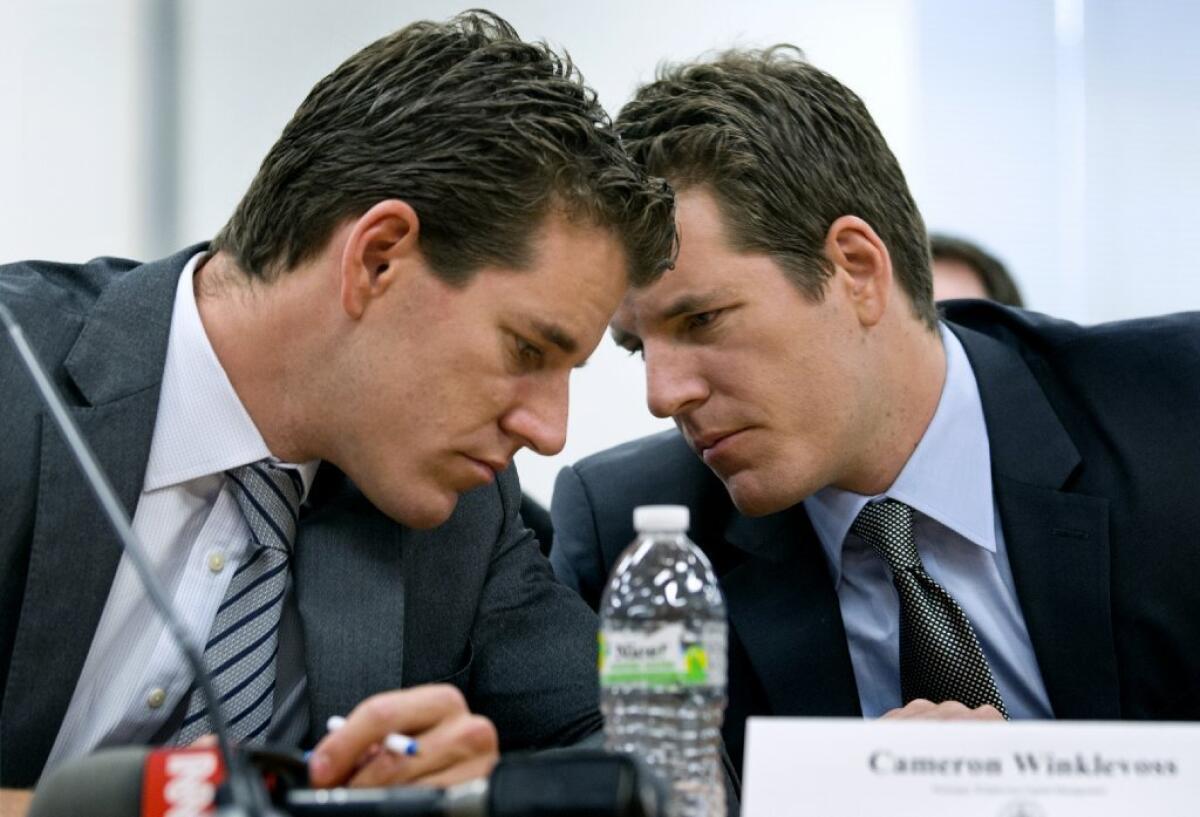Major bitcoin exchange crashes, takes bitcoin prices with it

Bitcoin prices have crashed over the last few days--again!--this time because Mt. Gox, a major bitcoin exchange headquartered in Tokyo, abruptly announced it was suspending all withdrawals for âtechnicalâ reasons.
Mt. Gox said the suspension was temporary, but didnât say when customersâ funds would again be available. It promised there will be an âupdate,â though not a resolution, on Monday.
On the news, bitcoin prices have plunged--the virtual currency, which had been quoted at $1,038 on Mt. Gox as recently as Jan. 26, fell below $700 Friday before settling in the mid-$700s.
Whether youâre into bitcoins as an investment, a speculative play, a genuine alternative to dollars, euros or yen, or as a device to move money across national borders without worrying about currency exchange regulations, thatâs not the sort of price action you want to see in your financial instrument--especially not if itâs caused by the problems of an unrelated operator in Tokyo.
Chalk it up to another indication that bitcoins are not ready for prime time. Many bitcoin advocates see the virtual currency as a viable answer to the manipulation of âfiatâ currencies (dollars, euros, yen, etc.) by central banks, but those central banks generally have an interest in maintaining stable values for their currencies, or at least in not presiding over crashes of 28% in a matter of days.
We provided a primer about bitcoins here, and have since tracked its various ups and downs (mostly downs) ever since, including a big crash in December, and another crash less than two weeks later provoked by the Chinese government.
The role of Mt. Gox in the bitcoin universe illustrates how the lack of a central overseer, which bitcoin fans see as its principal virtue, undermines its stability and in all likelihood its acceptance. Loose oversight, but not any real governance, is provided by the nonprofit Bitcoin Foundation, where Mark Karpeles, the CEO of Mt. Gox, is a board member.
The exchange is an outgrowth of a service founded as an online forum and exchange for fans of the card game Magic: The Gathering--its name is an acronym for âMagic: The Gathering Online Exchangeâ--and at one time accounted for as much as 80% of all bitcoin-dollar exchanges. Customers would deposit dollars with Mt. Gox, which would convert them to bitcoins at the prevailing exchange rate and hold them in customer accounts. The customers could tap the accounts to buy goods or services from vendors that accepted bitcoins, or could reconvert them to dollars for withdrawal.
Those withdrawals were frozen on Friday, after several days of rumors about solvency problems at Mt. Gox. The firms says customersâ bitcoins still remain in their digital wallets--that is, their accounts at Mt. Gox--and will be available once its technical âissue is resolved.â
The Mt. Gox problem has led to renewed calls for regulatory oversight over bitcoin trading. âThere is a clear need for a U.S.-based, regulated, compliant and trustworthy bitcoin exchange,â said Barry Silbert, CEO of the trading firm SecondMarket, who nominated his firm as a candidate to play that role.
In the meantime, the lesson of bitcoins remains: buyers, sellers and holders beware.



